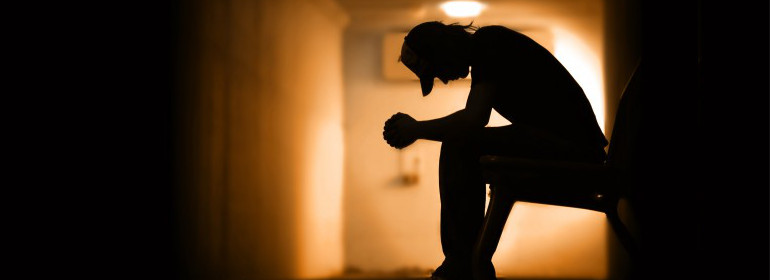A report released today paints a grim picture of life for LGBTI Irish teens, with 56% of 14 to 18 year-olds reporting having self-harmed and 1 in 3 reporting having attempted suicide.
The LGBTIreland Report, funded by the National Office for Suicide Prevention and undertaken by a team at Trinity College Dublin, was launched today by Dr Mary McAleese.
The report found a distinct contrast of reported happiness along age lines, with those aged 26 and over reporting good self-esteem, while 56% of LGBTIs aged 14 to 18 having self-harmed, 70% having had suicidal thoughts and 1 in 3 having attempted suicide.
“Compared to the My World National Youth Mental Health Study, LGBTI young people in this study had 2 times the level of self-harm; 3 times the level of attempted suicide; 4 times the level of severe or extremely severe stress, anxiety and depression,” said Dr. Carol-Anne O’Brien, Director of Advocacy at BeLonG To.
“Some of the findings of The LGBTIreland Report are harrowing, showing higher levels of self-harm and suicidal behaviour among LGBTI teenagers as well as worrying levels of severe and extremely severe stress, anxiety and depression,” said Odhrán Allen, Director of Mental Health at GLEN.
“Being LGBTI in itself doesn’t increase the risk of poor mental health. It’s the experience of being bullied, being rejected or being harassed because you are LGBTI that leads to higher levels of self-harm and attempted suicide”
Also revealed in the study were considerable differences between levels of risks among respondants with intersex, transgender and bisexual individuals reporting poorest mental health.
“As well as differences across age groups The LGBTIreland Report also found differences among LGBTI people. The research reveals that there is a hierarchy of risk among LGBTI people, with intersex, transgender and bisexual people reporting poorer mental health outcomes compared to gay men and lesbian women,” said Professor Agnes Higgins of Trinity College Dublin, who led the research team.
For support or information on these issues, visit lgbt.ie or the national LGBT helpline at 1890 929 539.
© 2016 GCN (Gay Community News). All rights reserved.

comments. Please sign in to comment.